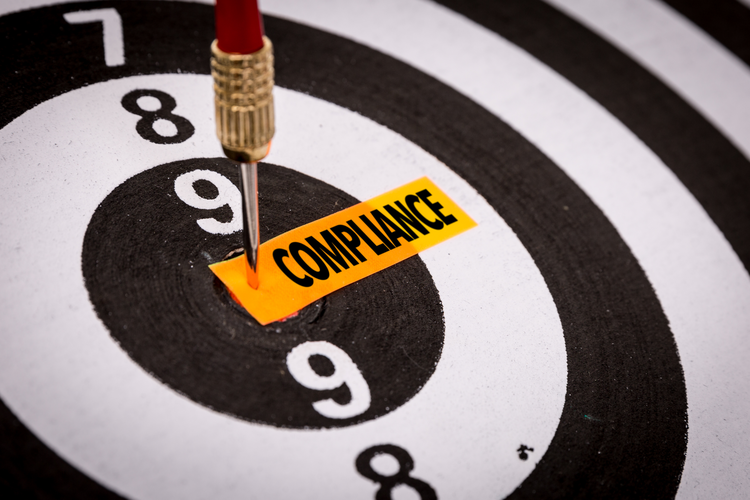
As a result, new laws have been implemented imposing regulations on supply chains, specifically addressing social welfare and safety concerns. These include laws limiting or eliminating the use of conflict minerals, preventing forced labor, child labor, and human trafficking, improving food safety, and protecting native wildlife.
Compliance programs are imperative for adhering to these new laws and keeping your business safe and thriving. Non-compliance, which can result in supply chain disruptions hefty fines, and other negative impacts, can severely damage your company’s reputation and brand.
While some businesses are doing just the bare minimum when it comes to compliance, many admirable companies are aiming to lead the way by going above and beyond in following regulatory requirements. In doing so, they avoid failures, stay away from potential risks, gain the trust of customers and partners, and save their company money.
What Should a Supply Chain Compliance Program Include?
“To manage supply chain compliance requirements effectively,” says James Cascone, a risk and financial advisory partner at Deloitte & Touche, LLP, “organizations need not only the knowledge, access to information, and ability to interpret the impact of existing compliance requirements, but also the capability to scan the horizon for potential emerging risks.”
According to Rebecca Chasen, Deloitte risk and financial advisory partner with Deloitte Financial Advisory Services LLP and U.S. advisory leader for the travel, hospitality and leisure practice, “the key outcomes of an effective supply chain compliance program include improved visibility, collaboration, and control over supply chain compliance execution.”
Practical Trade & Customs Strategies suggests that every successful and effective supply chain compliance program should include the following:
Commitment from Management
Management should actively express the company’s commitment to compliance and even incorporate it into the company policy statement. The business’ stance on the matter should be clear to everyone throughout the supply chain including staff, trading partners, and consumers.
Employees and suppliers should be updated on supply chain compliance policies and procedures, and everyone within the company should be encouraged to come forward at any hint of non-compliance in order to effectively identify and resolve risks as soon as possible.
A Compliance Program Manual
Compliance manuals detailing laws and regulations that apply to the company, policies, procedures, templates, and relevant points of contact should be made available and shared to all parties by way of internal meetings, open seminars, or digital webinars.
Policies for routine due diligence and regular risk assessment should be incorporated in the supply chain compliance program across the entire supply chain. These should include policies and procedures for handling and reporting violations and subsequent corrective actions.
Templates for Contracts and Agreements
Purchase and sale contract and agreement precedents that have been pre-cleared for customs and supply chain compliance, and include all the necessary regulations, are imperative for an efficient compliance program.
Audit Modules
For continual improvement, a supply chain compliance program should be regularly reviewed, audited, and refreshed both internally and by third parties. This may necessitate the audits of both suppliers and buyers.
Adhere to a strict recordkeeping precedent in order to stay in line with the regulations. Document retention and destruction policies should also be clear and in place.
Maintain Your Standards
In order to continue to implement an effective compliance program, make ethics and compliance a factor whenever qualifying a new supplier. If it becomes evident that they don’t have the same regard for compliance as you do, it might be best to part ways to prevent problems down the line.
One of the most crucial factors to any compliance program is making sure it stays aligned with your company’s policy and culture. Celebrate wins and keep the team engaged, inspired, and encouraged. Supply chain compliance should be adhered to by everyone from the executives to the trainees, as well as anyone you are dealing with throughout the supply chain.
Image Credit: Gustavo Frazao / Shutterstock
Welcome to Thomas Insights — every day, we publish the latest news and analysis to keep our readers up to date on what’s happening in industry. Sign up here to get the day’s top stories delivered straight to your inbox.

